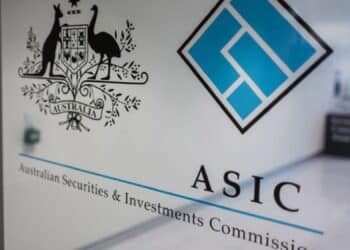Australian institutional investors looking at Chinese onshore equity market cannot overlook the risks and its uniqueness but will also benefit from its alpha and diversification, according to Shanghai-headquartered Mingshi Investment Management.
Speaking to Money Management, the firm’s partner and international chief executive, Lewis Prescott, said that the China’s onshore market was an excellent opportunity for prospective investors due to “still a large amount of alpha available”, its liquidity and a lower degree of correlation with other equities markets.
However, investors should also take into account the risks.
“The biggest differentiation between Chinese equities market and the global markets, like Australia or the US, is that it has been a very large retail participation, with approximately 70% of trading in the China A-share market coming from the retail participants and retail changes a lot of things,” Prescott said.
“Institutions are not the major driver of price movements, there is not market makers in the market and all the core product and players that dominate in Australia, Japan, and the US, don’t exist in the China market.”
He said that large global investors should also be reminded that the liquidity was also very important, when investing in China because it would be a risky market.
“I don’t like when people talk about it [Chinese market] that it’s like investing in the US because it’s not and there are political tensions, and the additional government risk, there is additional risk when you are investing in the China market.”
He said being aware of risks and having a trusted manager, with a liquid portfolio, in case there were unforeseen risks so investors could get in and out quite quickly, was key for the overseas investors.
Prescott said that there was an increasing number of Australian institutional and sophisticated investors looking to China for improved returns.
According to him, China was under-represented in most investors’ asset allocations when it came to global equities, with the MSCI All Country World index (ACWI) China representing 3.62% of the benchmark.
“Increasing China-A allocation to this level can improve annualised return by 2.58% and Sharpe ratio by 0.08,” he added.
“I think one thing I would highlight is that people underestimate how much uncorrelated alpha there is in China market what a great opportunity it is for example in our market neutral fund.”





